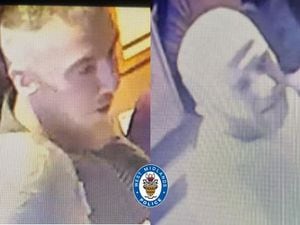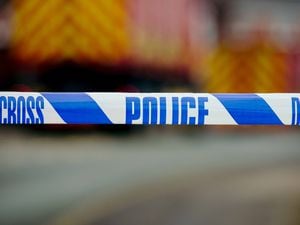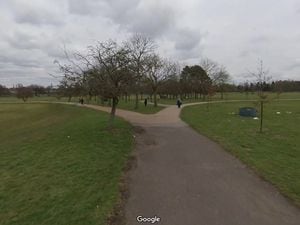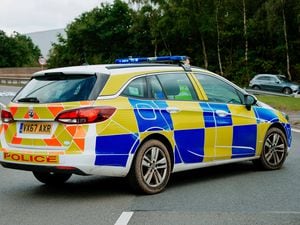Major incident decision may have saved lives, police chiefs say
Police chiefs say a decision not to declare a major incident when a knifeman rampaged through Birmingham city centre last month may have saved lives.
Jacob Billington, aged 23, was killed and seven other people were injured during a series of attacks spread over 90 minutes on September 6.
West Midlands Police has faced criticism over the time it officers took officers to respondto the incident, and claims of an 18-hour delay in issuing an image of the suspect.
A debrief into the incident, ordered by West Midlands Police and Crime Commissioner David Jamieson, found five "areas for improvement".
The report said West Midlands Ambulance Service was first to declare a "major incident". But it said WMP's decision not to classify the stabbings as a "marauding terrorist attack" – known as Operation Plato – could have prevented more lives from being lost.
It said the force "deliberately did not declare" the incident as such, which "allowed ambulances to attend the scene quickly and provide urgent medical aid", instead of resources being held back for safety reasons.
"Had Operation Plato been declared it is possible that medical aid may have been delayed and there may have been further loss of life," the report said.
Chief Constable Dave Thompson said the decision on when to implement Operation Plato was a "dilemma" for forces nationally, with the procedure undergoing constant "refinement".
He added it was a topic which had been raised separately at the ongoing Manchester Arena bombing inquiry, and was also now being reviewed nationally following the Birmingham incident.
The Chief Constable added: "On the marauding attack aspect, I am very satisfied the decisions made on the night were right."
He said the force could have followed West Midlands Ambulance Service on the separate issue of formally declaring the attacks a major incident "more quickly" on the night, which would have assisted co-ordination of multiagency resources.
However, Mr Thompson said "there's nothing that's been lost by it", adding some "very good decisions" were taken by commanders.
The report also recommended improvements to protective security patrols and the transfer of orders to firearms commanders.
Of the five areas identified for improvement, he said "I don't think at this stage at all would have affected the response we had on the night".
The report found "police officers and staff, at all levels, responded appropriately and professionally to save lives, secure evidence and apprehend the offender".
Mr Thompson also revealed that one victim – Michael Callaghan – remained in hospital, having been transferred to Liverpool where he is undergoing rehabilitation at a "specialist neurological hospital".
Mr Jamieson said: "I would like to remind people that our emergency services run towards danger to protect us all, and the actions that many showed on September 6 were truly heroic."
A formal independent debrief is being carried out by the National Counter Terrorism Policing organisational development unit, and will be completed by the end of the year.
Once finished, a final report with any recommendations will be published.
Zephaniah McLeod, 27, of Nately Grove, Birmingham, has been charged with murder and seven counts of attempted murder, in connection with the attacks. He is due to stand trial next year.





